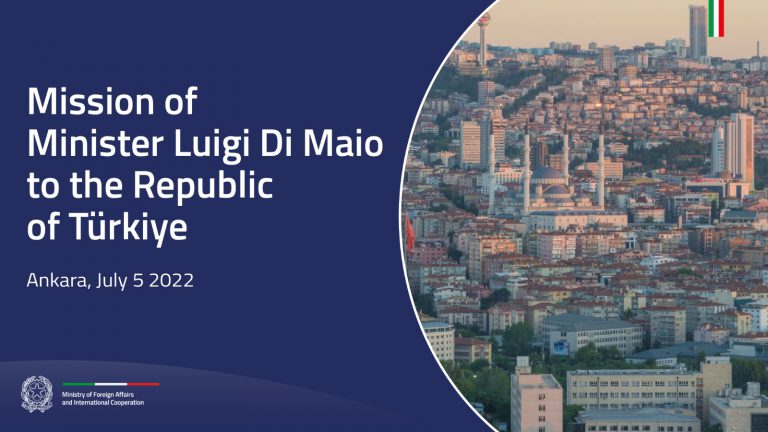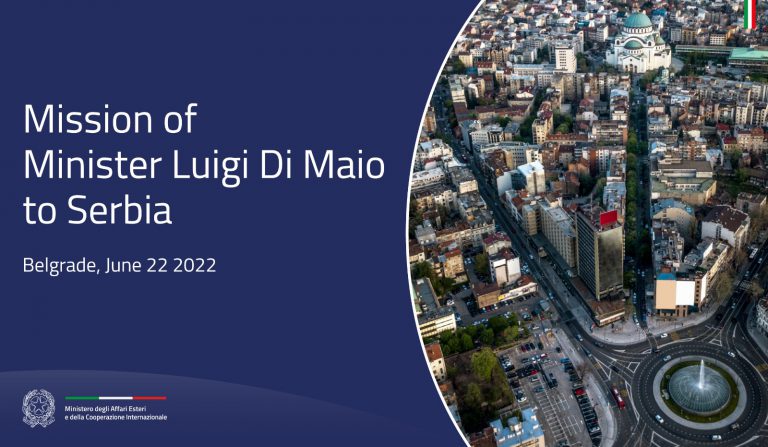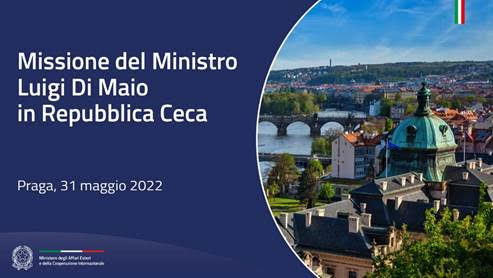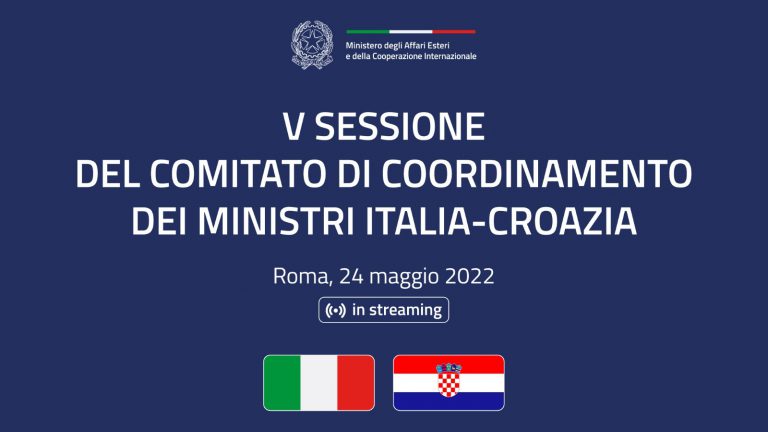The migration crisis, with a special focus on human rights and the fight on terrorism, strengthening regional cooperation in Central Europe, especially in terms of connectivity, and the role of the CEI (Central European Initiative) in the EU’s macro-regional strategies are the main issues on the agenda of the CEI Ministerial Conference taking place in Banja Luka today under the rotating presidency of Bosnia Herzegovina.
The meeting will take place in a plenary session, which will be followed by a press conference and a working luncheon.
The CEI is the first and best articulated regional organisation operating in Central and South-East Europe. Established in Budapest in 1989 under the name of “Quadrangular”, it assumed its current name in 1992 and, over the years, it gradually expanded to include the present 18 Member Countries, of which 10 are EU Members (Austria, Bulgaria, Croatia, Italy, Poland, Czech Republic, Romania, Slovakia, Slovenia, Hungary), 5 are perspective future accession countries (Albania, Bosnia-Herzegovina, Macedonia, Montenegro, Serbia) and 3 are beneficiaries of proximity policies (Belarus, Moldova and Ukraine).
On 1 January 2016 Bosnia-Herzegovina assumed the rotating presidency of the CEI from Macedonia. The Initiative has a Secretariat, which was established in Trieste and has been headed by Ambassador Giovanni Caracciolo since 2013, and a Liaison Office with the London-based European Bank for Reconstruction and Development (EBRD), with branch offices in Trieste and London. The Initiative operates in several sectors of activity, spanning from economic development (climate, the environment, renewable energy sources, business development, tourism, transport and sustainable agriculture) to human resources (life-long training and education, information society, media, science and technology, inter-cultural cooperation and protection of minorities).








